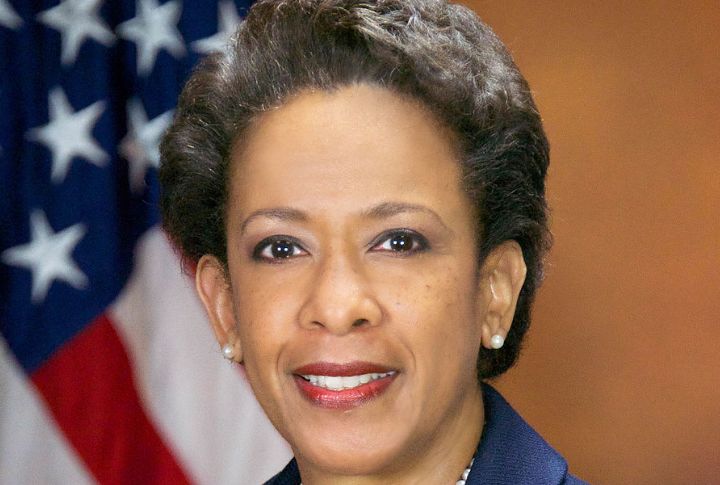
Every legal career has a story, but some hold more weight than the titles and verdicts suggest. For Black female attorneys, stepping into the profession has often meant stepping into resistance. Yet across generations, many made history. They redefined what justice looks like, inside and outside the courtroom. Let’s highlight 10 women whose names should be part of the historic Black female lawyers conversation.
Charlotte E. Ray
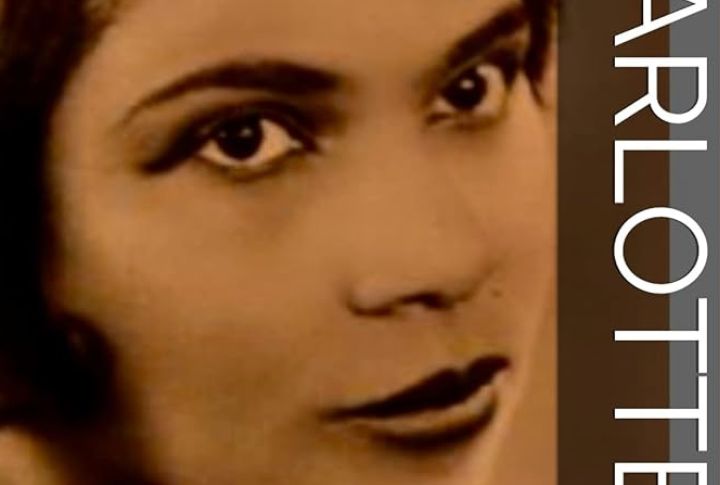
Applications to law school didn’t always ask for courage, but hers demanded it. She applied to Howard under the initials “C.E. Ray” to avoid early rejection, and it worked. In 1872, she became the first Black woman lawyer in the U.S., and the first woman admitted to the D.C.
Barbara Jordan
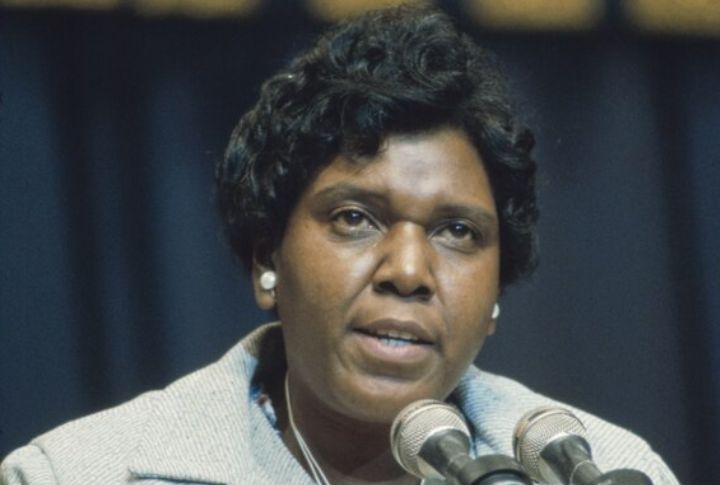
Texas had never seen anyone quite like her. Barbara Jordan stepped into the state senate, then Congress, as the first Black woman from the South to do so. Her thunderous speech during Nixon’s impeachment hearings became a national moment. Off the floor, she taught ethics at the University of Texas.
Jane Bolin
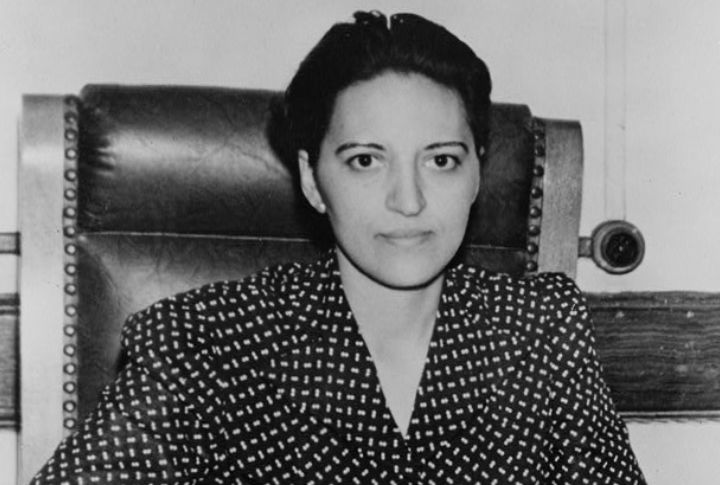
At 31, some are just starting. Jane Bolin was already making legal history. She became the first Black female judge in the U.S. in 1939. For four decades in New York City’s Domestic Relations Court, she ruled with quiet force and dismantled courtroom segregation policies.
Loretta Lynch
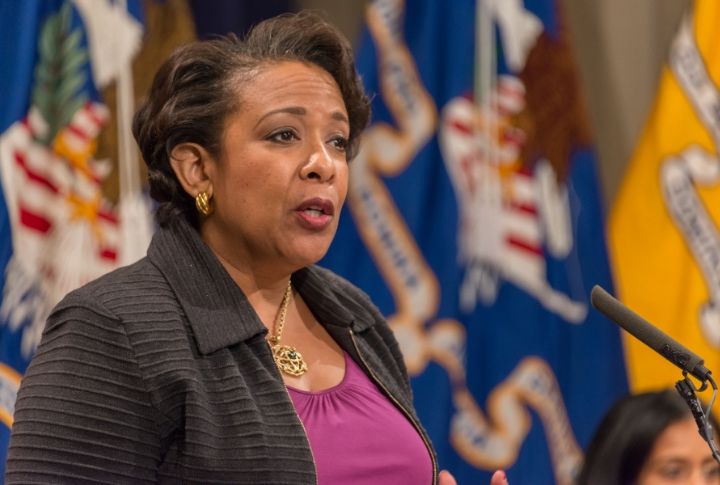
Civil rights meetings were part of her childhood. Raised by an activist father, Lynch’s path led to Harvard Law and eventually to becoming the first Black woman U.S. Attorney General. Nominated by two presidents, she prosecuted major terrorism and civil rights cases with a steady hand.
Constance Baker Motley
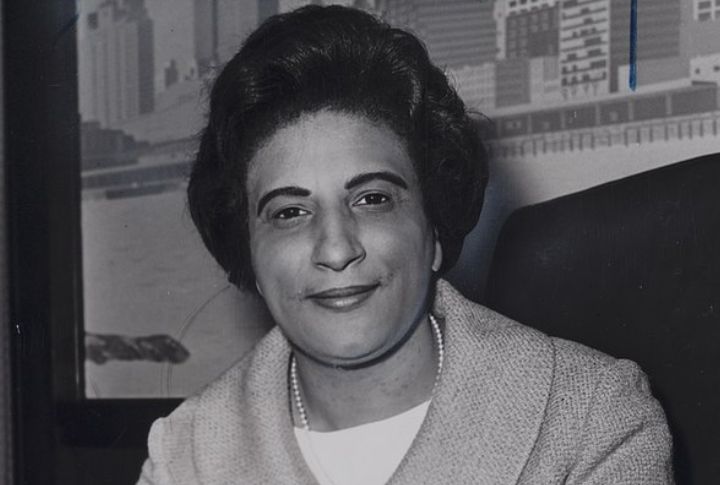
What does it take to stand before the U.S. Supreme Court and win? Motley knew. She argued and won nine out of ten cases there. Also, she was the first Black woman federal judge and a strategic mind behind Brown v. Board.
Patricia J. Williams
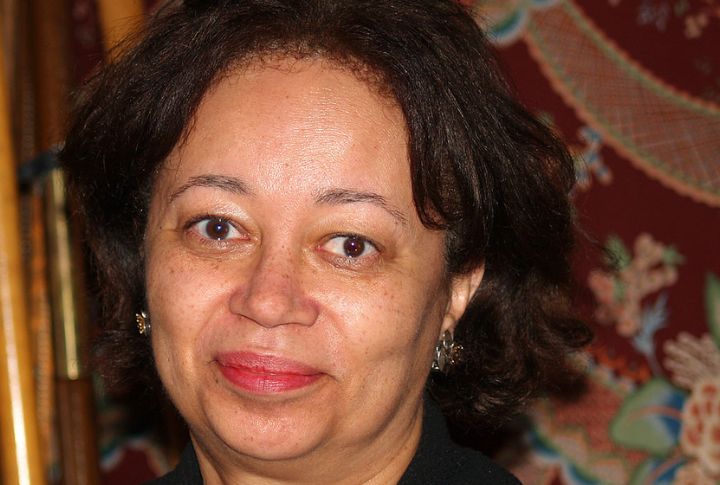
Before critical race theory was in the headlines, Patricia J. Williams was laying its foundation. Her groundbreaking book, “The Alchemy of Race and Rights,” turned legal writing into something deeply personal. As Columbia Law’s first tenured Black female professor, she questioned how law really works across lines of race.
Aramis Ayala
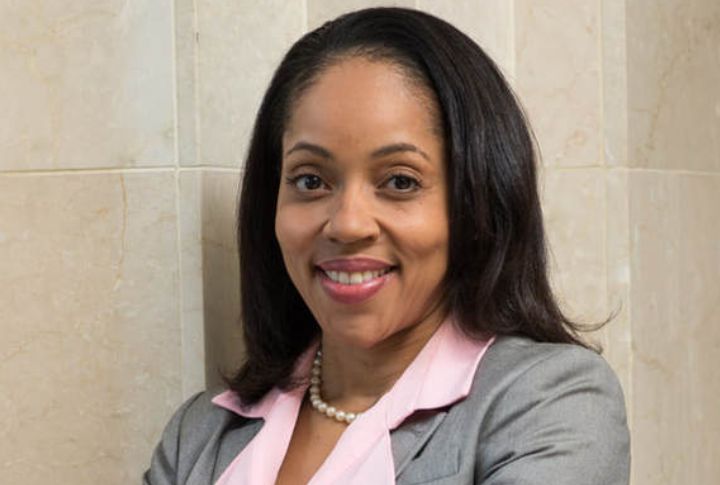
In Florida, a refusal made headlines. Ayala, the state’s first Black woman state attorney, took a bold stance against the death penalty that cost her political backing but gained national attention. A cancer survivor and former homicide prosecutor, she ran for Attorney General in 2022, staying firm in her convictions throughout.
Debra Lee
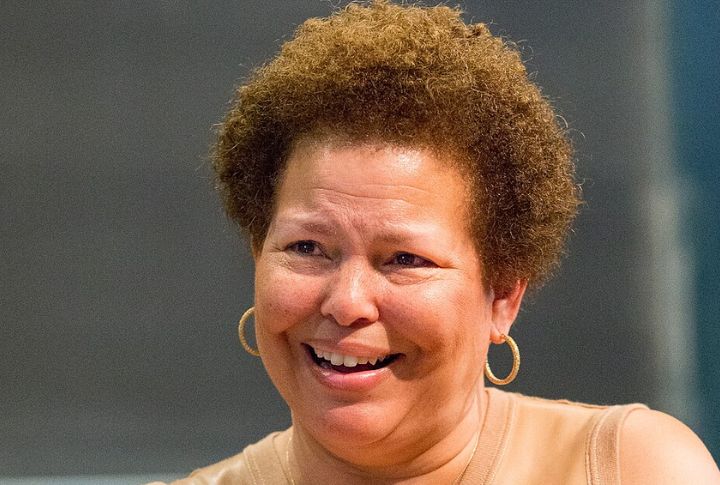
Lee earned two degrees: law and public policy from Harvard, then redefined what leadership looked like in media. As BET’s CEO, she changed its strategy. She later became the first Black woman on X’s (formerly Twitter) board, who pushed diversity into the DNA of corporate decision-making.
Judge Bernice B. Donald
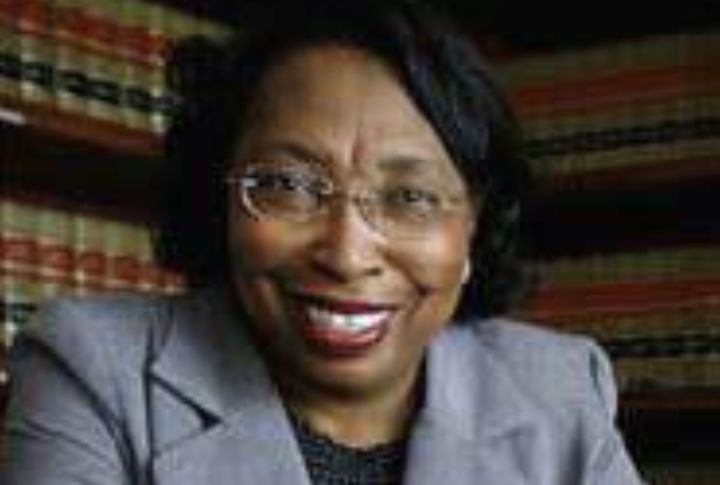
Long before she was called “Judge,” Bernice Donald was a young girl working the cotton fields in Mississippi. She went on to become the first Black woman to sit on the U.S. Bankruptcy Court. Her career on the Sixth Circuit also left a mark, pushing the legal world to recognize hidden bias.
Kimberle Crenshaw
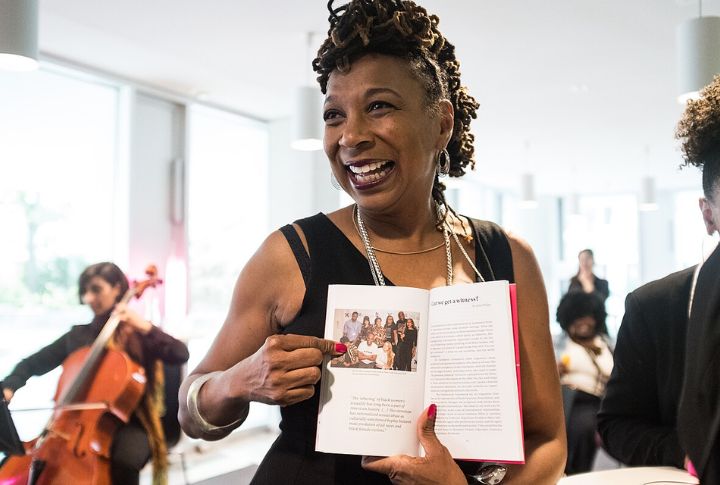
Crenshaw coined “intersectionality,” and it stuck. As a professor at UCLA and Columbia, she reshaped civil rights law and feminism alike. While her TED Talk reached millions, her deeper work, like co-founding the African American Policy Forum, is where her impact sits.

